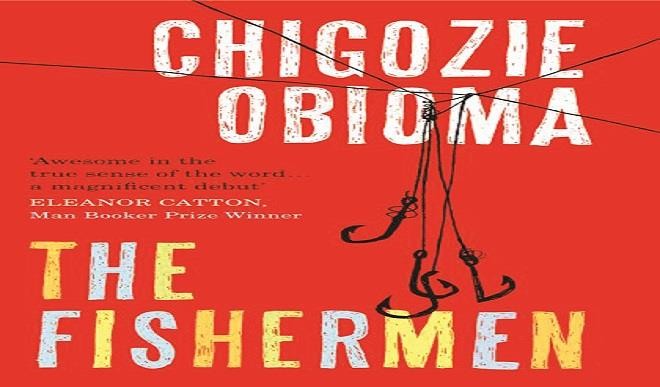5 novels to read this Christmas holiday
Born on a Tuesday Have you read this!? It’s the kind of fiction many unfamiliar with northern Nigeria would read and like exotic drink, twirl in their mouth. First, they would fall in love with Dantala, the young protagonist whose words tell an engaging story that explores life, love, politics and most of all, the […]


Born on a Tuesday
Have you read this!? It’s the kind of fiction many unfamiliar with northern Nigeria would read and like exotic drink, twirl in their mouth. First, they would fall in love with Dantala, the young protagonist whose words tell an engaging story that explores life, love, politics and most of all, the religious extremism in Northern Nigeria.
In this novel, just recently released, the author, Elnathan John, peeps into the psychology of an almajiri (Dantala) easily influenced by his environment and its people. From learning the Qur’an, he is thrust into violence and soon embraces Salafism under a new benefactor, Sheikh Jamal. And then he falls in love with Sheikh’s daughter, Aisha. At this point, the tension keeps building and what unfolds holds the reader spellbound to the very end. John’s novel couldn’t have come at a better time when Boko Haram remains a major challenge to Nigeria’s security.
Satans and Shaitans
Obinna Udenwe’s novel, ‘Satans and Shaitans’ was published a year ago by UK-based publisher, Jacaranda Books, but was recently published by AMAB Books and Publisher and made available to Nigerian readers. It is set against the backdrop of Nigeria’s ongoing terrorism tensions where two powerful men, Chief Donald Amechi and televangelist, Chris Chuba desperately try to regain control of their country by deceiving an Islamic terrorist organisation to undermine the government.
Explaining what led to the curious title, Udenwe said: “The title ‘Satans and Shaitans’ explains two groups, the Christians, Satans and the Muslims, Shaitans, coming together to establish a terrorist organisation for their own selfish political gains, then they fall out at the end and all hell is let loose.”
Blackass
What would force any reader to take a second look at A. Igoni Barret’s hilarious fiction novel is the title ‘Blackass.’ From page one you meet Furo Wariboko, an unemployed graduate who wakes up on the day of his job interview to the realisation he has turned into a white man except for his buttocks. So this author throws Furo into a ‘world’ like Lagos, with its peculiar hustle and bustle, where he clinches a job because of his skin colour. But this is only the beginning. In ‘Blackass’ is an opportunity to discover how Lagos and Nigeria treat the white man, either as a money bag or an expatriate, with hypocrisy or honesty – Furo turned-white, takes the reader on this journey of revelation.
The Fishermen
We won’t talk about awards, because this book has won them. Picture three brothers dangling on a thin fishing line of deceit, and they are brothers. Who is to be trusted? Does it bring to mind the Biblical account of Cain and Abel? Chigozie Obioma made an impression internationally with this novel, so much he was tagged Chinua Achebe’s heir.
So what inspired this Achebe’s heir? “I was thinking about familial relationships, and the dynamics of fraternal bond. I was thinking about fathers and sons, and about mothers and daughters. I was thinking about the power of consanguinity, and the crisis of unity in many world societies. I was thinking about the paradox that is Nigeria.”
The Domestication of Munachi
The memory of one’s father in sexual liaison with the family’s hired help is what two sisters have to live with, in Ifesinachi Okoli-Okpagu’s novel. Later, Munachi, the younger of the two runs away from home on the eve of her traditional marriage. This is where the story takes an intriguing turn that may lead to the imminent destruction of the family.
Perhaps many may conclude, pressure on women to take on life partners is an old tradition, but again, maybe not. Okoli-Okpagu said: “I want people to challenge the norm, to think, to realise that they always have a choice. It may not be the best of choices but there are choices nonetheless. More importantly, I want women to become more confident in their decision making capabilities regarding societal views on marriage.”
